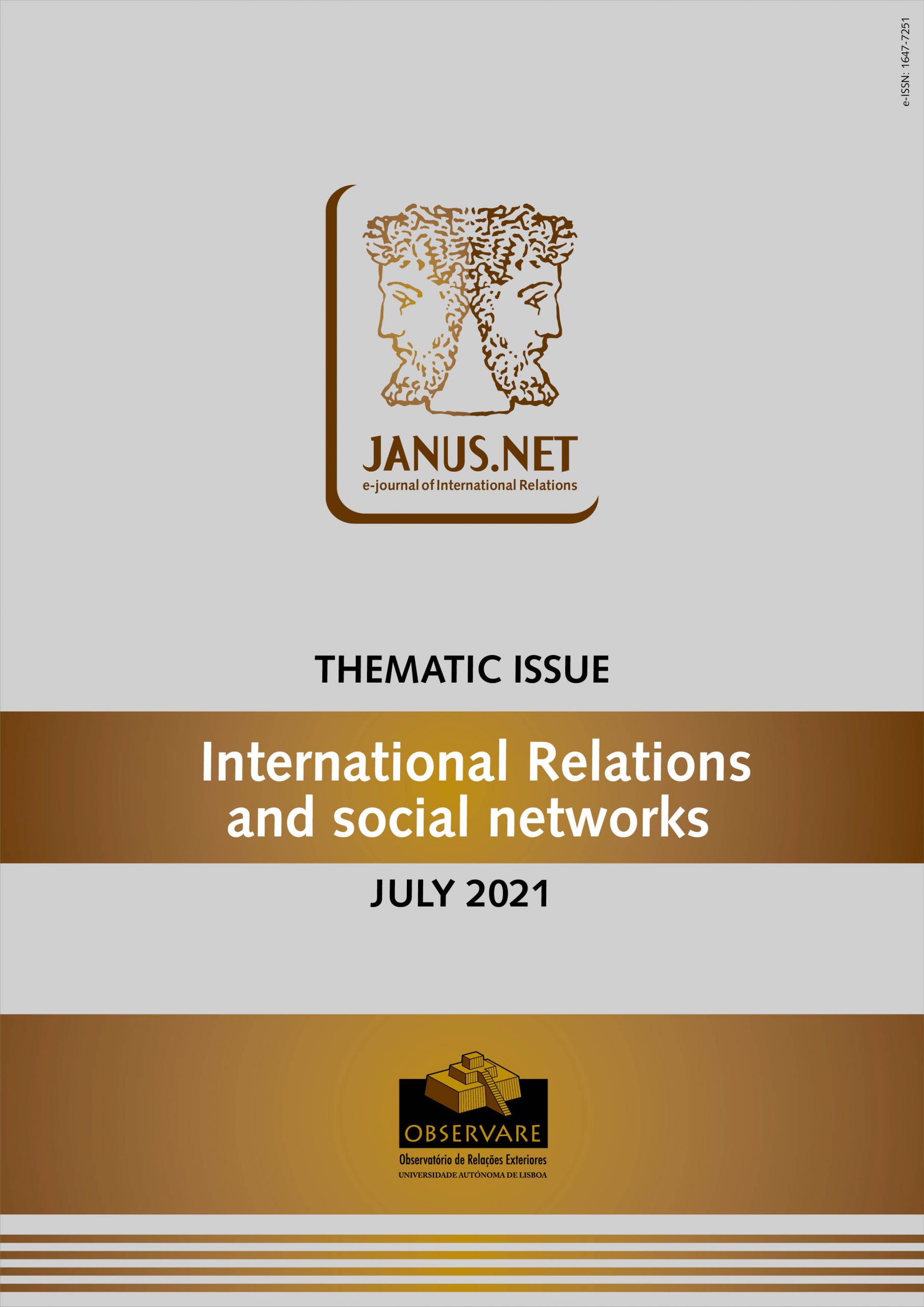Disinformation has been used by third countries to weaken the EU and its institutions; erode democracy and create social division. In the first wave of the Covid-19 pandemic, Russia and China have been in the spotlight for their influence operations in Europe. In the article we will analyse the concept of disinformation in the EU; external threats and the new role played by China and its use of social networks to improve its image and impose its alternative model of governance with sharp power techniques. Finally, the European strategy to defend itself against fake news will be evaluated and the need for the EU to be more proactive in creating frames that allow it to launch a narrative at international level and improve its public diplomacy.
THE EU AGAINST THE DISINFORMATION OF CHINA AND RUSSIA DURING THE COVID-19. THE NEED FOR GREATER EUROPEAN NARRATIVE PROACTIVITY AT THE INTERNATIONAL LEVEL
miguel.benedictosolsona@gmail.com
PhD in International Relations from the Complutense University of Madrid. He holds a degree in Law from the University of Zaragoza, a degree in Information Sciences from the UCM and a degree in Political Science from the UNED. His areas of research are the European Union (foreign policy, security and defence and communication policy) and public diplomacy. He is a member of the research team of the project "Public diplomacy in Ibero-American megacities: communication strategies and soft power to influence global environmental legislation". As a lecturer, he also collaborates with the Universidad Europea de Madrid (Spain) and the Universidad Pontificia Comillas.
Resumo
Palavras-chave
Como citar este artigo
Solsona, Miguel Ángel Benedicto. The EU against the disinformation of China and Russia during the COVID-19. The need for greater European narrative proactivity at the international level. Thematic dossier International Relations and Social Networks, July 2021. Consulted [online] at dat of last visit, https://doi.org/10.26619/1647-7251.DT21.6
Article received on 5 January, 2021 and accepted for publication on 2 March, 2021















